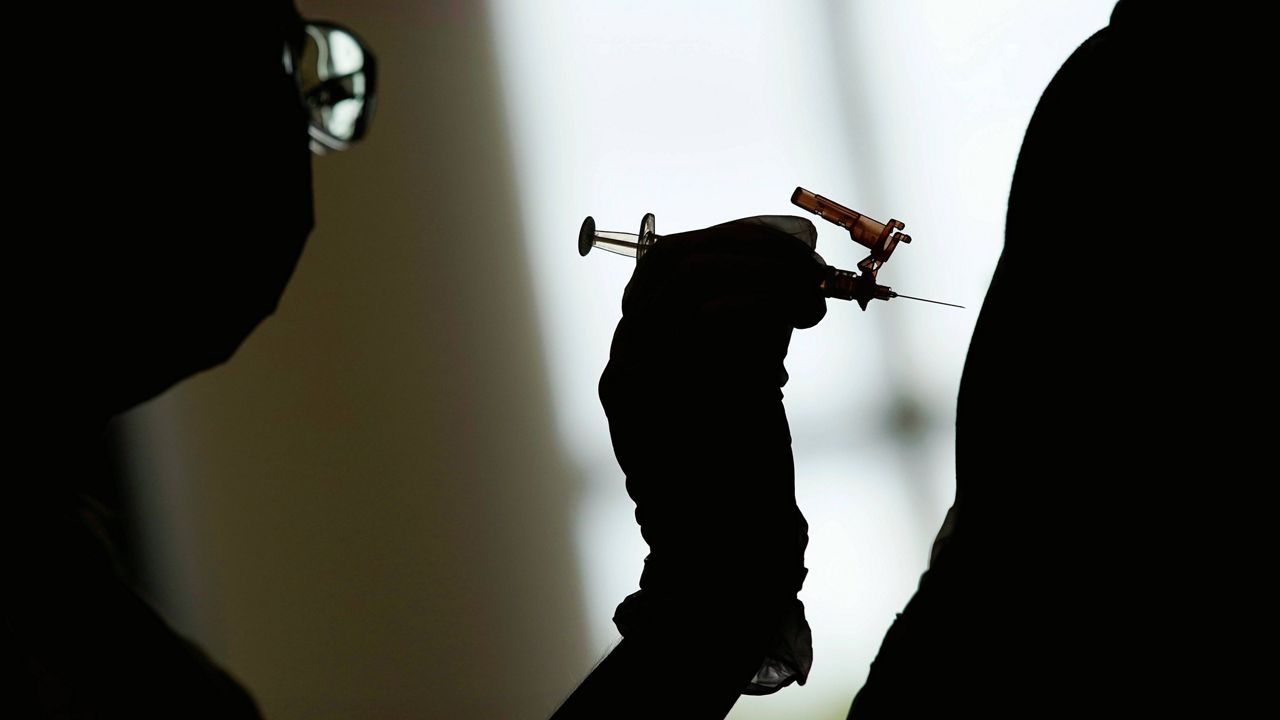Moderna’s updated COVID-19 vaccine booster generated a significantly greater antibody response in clinical trials than its original shot, the company announced Monday.
What You Need To Know
- Moderna’s updated COVID-19 vaccine booster generated a significantly greater antibody response in clinical trials than its original shot, the company announced Monday
- The data are noteworthy because the FDA and CDC signed off in early September on reformulated boosters by Moderna, as well as Pfizer and BioNTech, without clinical trial data available
- Participants who had previously been infected by COVID-19 had an antibody level about five times higher than those given the earlier shot, while those who had not been previously infected saw levels about six times higher
- The data involve lab measurements of antibodies and do not indicated how effective the boosters are at preventing symptomatic infection or severe illness
The data are noteworthy because the Food and Drug Administration and the Centers for Disease Control and Prevention signed off in early September on reformulated boosters by Moderna, as well as Pfizer and BioNTech, without clinical trial data available.
The vaccine makers initially applied for emergency use authorization of bivalent boosters that targeted both the original COVID-19 strain and the omicron subvariant BA.1. However, the FDA directed the companies to change their designs to start targeting BA.4 and BA.5, newer subvariants accounting for most U.S. infections at the time.
In making their decisions, federal regulators relied upon lab data for the BA.4/BA.5-targeting shots and clinical trial data from the BA.1-focused boosters.
The Moderna study included 511 participants who received the updated shot and about 300 who were given the original booster. Participants who had previously been infected by COVID-19 had an antibody level about five times higher than those given the earlier shot, while those who had not been previously infected saw levels about six times higher.
Pfizer and BioNTech announced similar findings for their shots earlier this month.
In both cases, the data involve lab measurements of antibodies and do not indicated how effective the boosters are at preventing symptomatic infection or severe illness. The CDC is overseeing studies on the vaccines’ effectiveness, but the results are not expected for months.
Moderna CEO Stéphane Bancel called the data released Monday “encouraging given COVID-19 remains a leading cause of hospitalization and death globally.”
He added that the study also found that Moderna’s new booster triggers neutralizing activity against the BQ.1.1 subvariant that is expected to soon become the country’s dominant COVID-19 strain.
BA.5 currently accounts for about 30% of U.S. infections, more than any other strain, according to the CDC. BQ.1.1 makes up about 24% of cases and has more than doubled in the past two weeks.
The side effects from Moderna’s updated shots were similar or lower than those seen with the earlier shots, the company said. Moderna's data has not yet been peer reviewed.
Just 10% of Americans ages 5 and older have received updated COVID boosters.
According to CDC data, the U.S. is reporting nearly 290,000 infections per week, although that is believed to be a vast undercount due to unreported positive at-home tests and fewer health agencies and states providing updates. More than 2,300 people died from COVID-19 last week.



